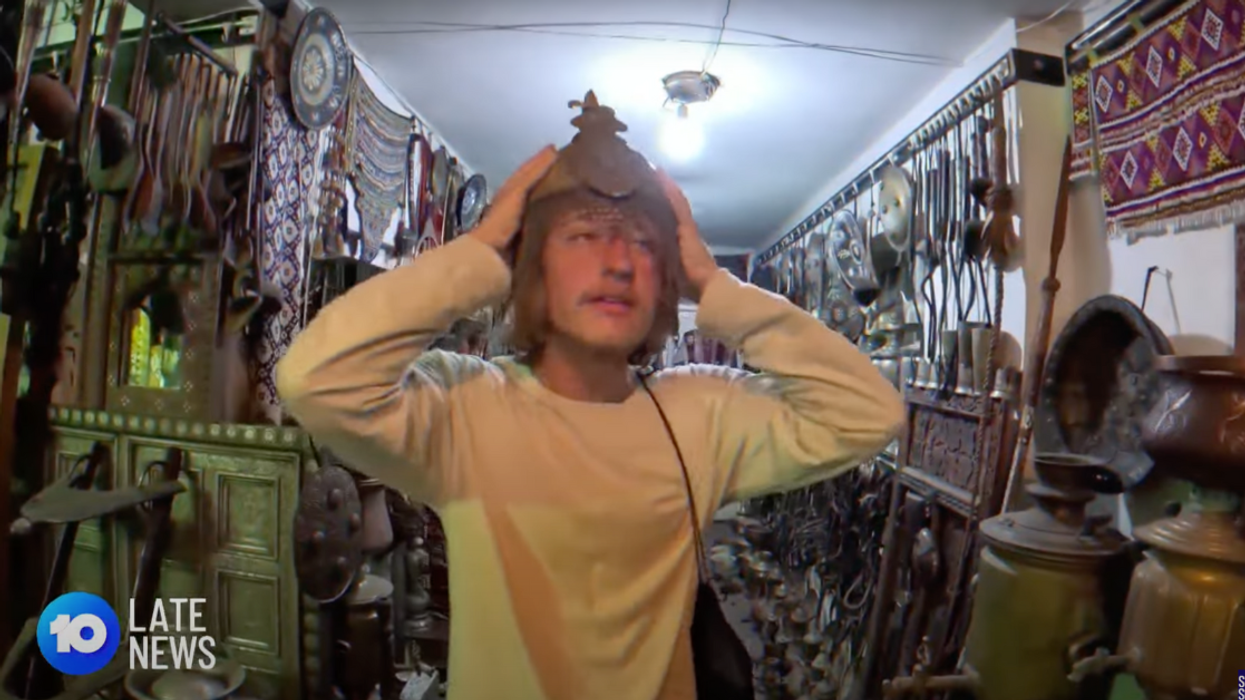For 340 days, the world looked up to astronaut Scott Kelly as he documented his innovative year aboard the International Space Station (ISS). Kelly shared spectacular images and even some thank-you notes from 240 miles above the earth.
But Kelly's time in space was anything but fun and games. He was a crucial half of the two subjects of NASA's Twin Study.
Kelly's identical twin brother, Mark Kelly, is also an astronaut. The stroke of biological luck gave NASA an identical genealogical structure on Earth to compare with the twin it sent to space.
Over the year, the twins took blood and urine samples as well as performed mental and psychological challenges, providing mental and physical information for NASA to compare and study.
Kelly returned to our home planet in March of 2016, having earned his retirement from NASA and now, scientists have released the findings on what a year in space does to the human body and the results are intriguing.
One find was that Scott Kelly's telomeres—protective layers over the ends of chromosomes in DNA—lengthened. Because telomeres naturally shorten with age, the 55-year-old Kelly's should have been somewhat dilapidated. They returned to their natural state shortly after he returned to Earth.
Many of Kelly's genes that were dormant on Earth activated after a stay in space as well, particularly genes that employ proteins to help repair damaged DNA. Some believe this may have been due to higher radiation levels at the International Space Station.
Kelly also showed improvement on mental games and tests once in space, but did poorer on these same tests after his return to Earth, though this may be due to the stress of his busier schedule upon returning and the imminence of his retirement.
Kelly also described what the year of confined space did to his psyche as well.
After three previous space flights, Kelly was no stranger to the heavens, but did confess he missed the smells and seasonal changes of Earth.
People were amazed, not only by the study, but by the twins' service.
And, mostly, people were grateful.
We join the chorus of gratitude as well.



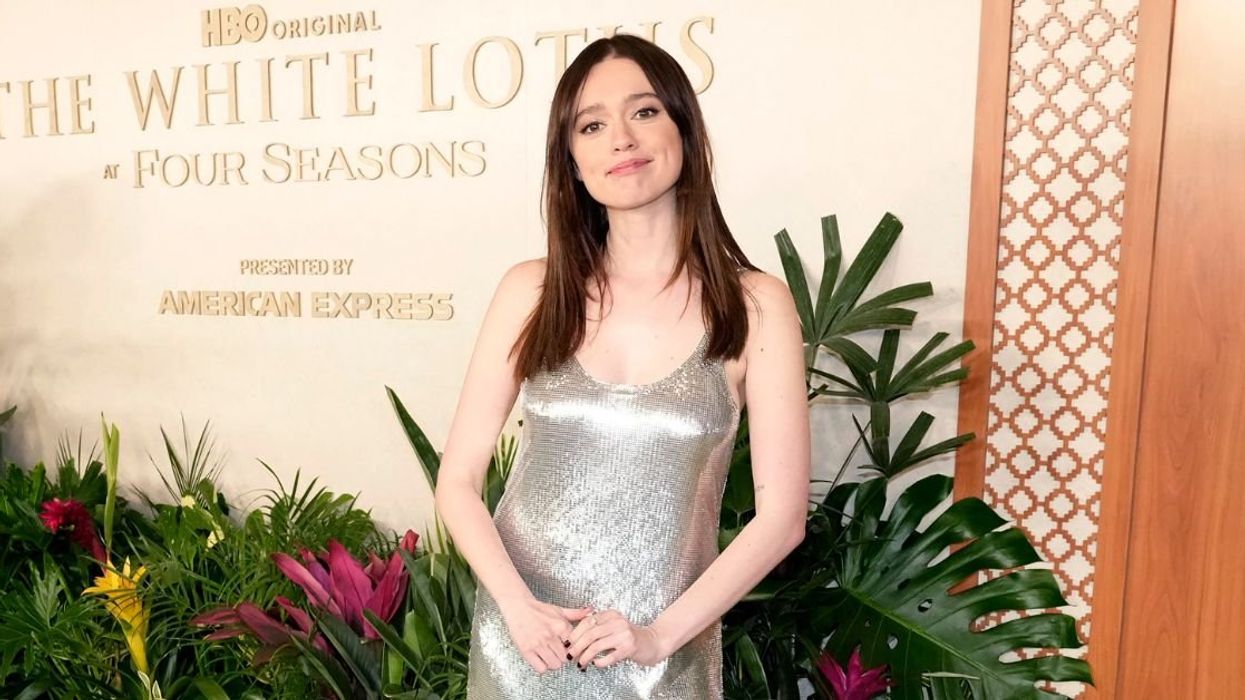

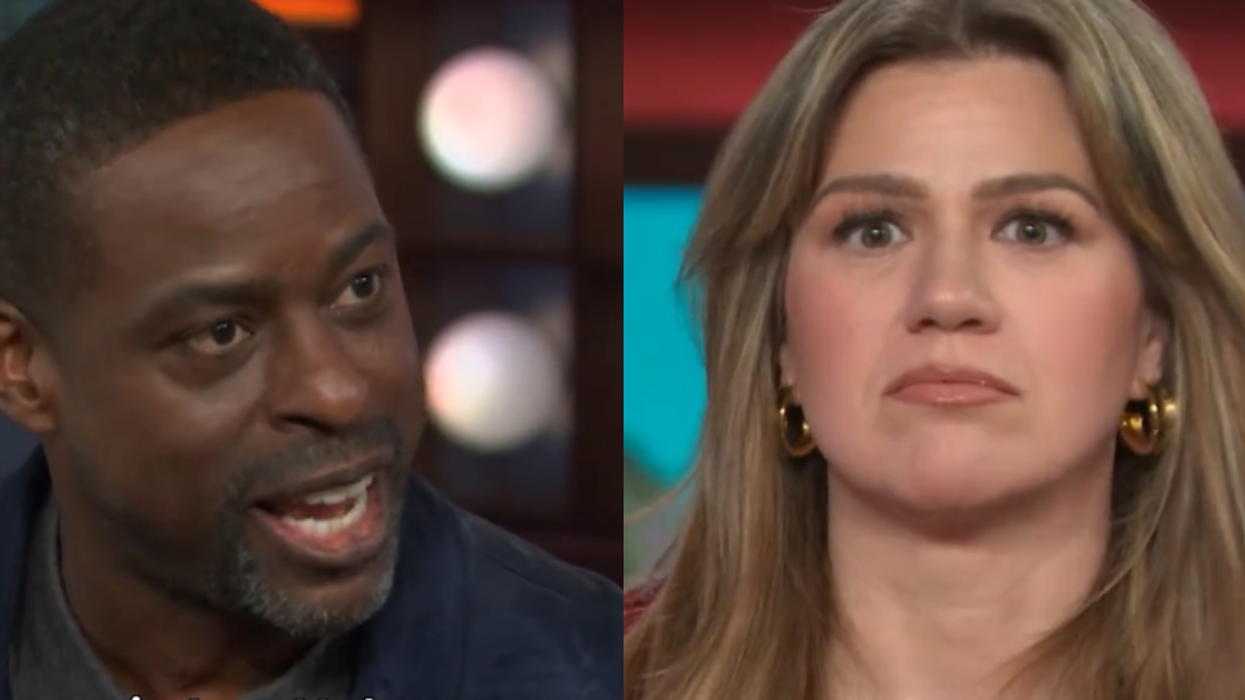
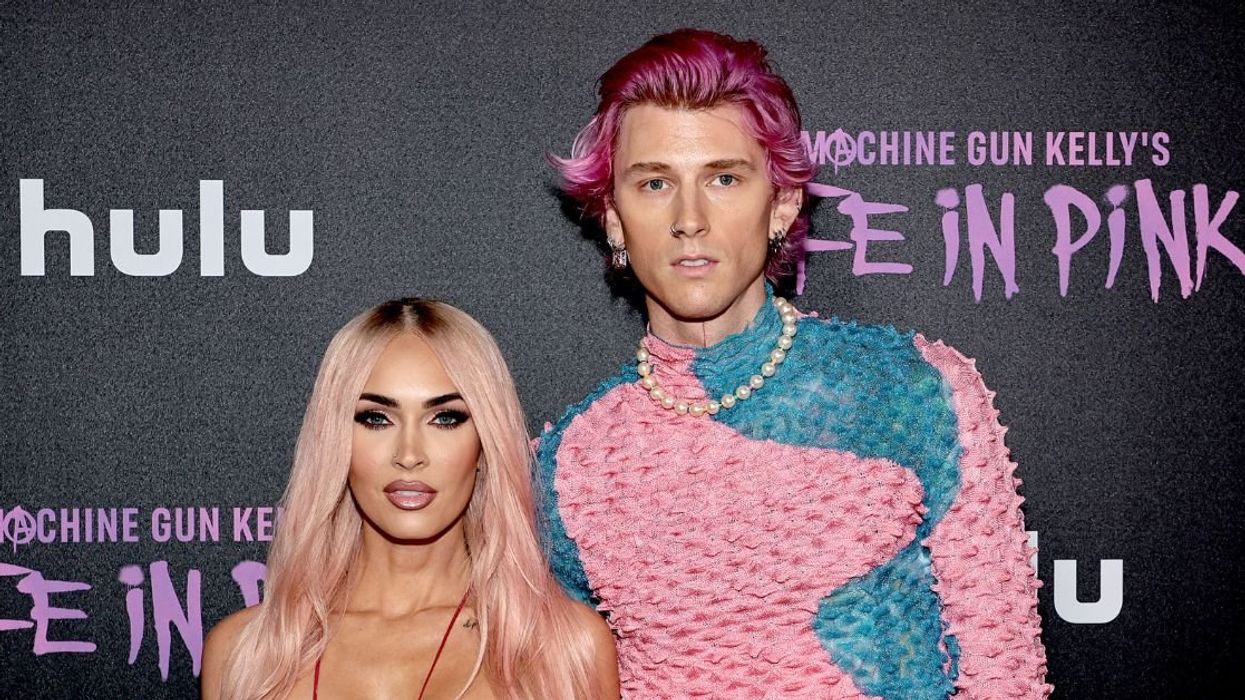
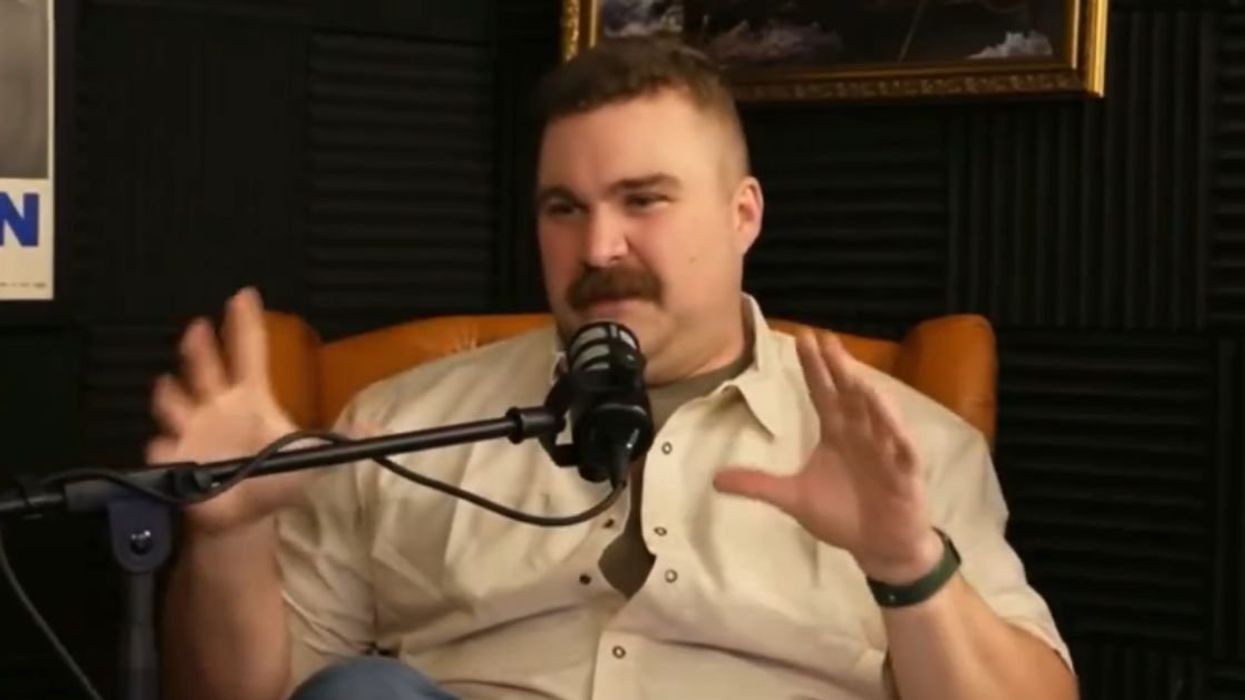






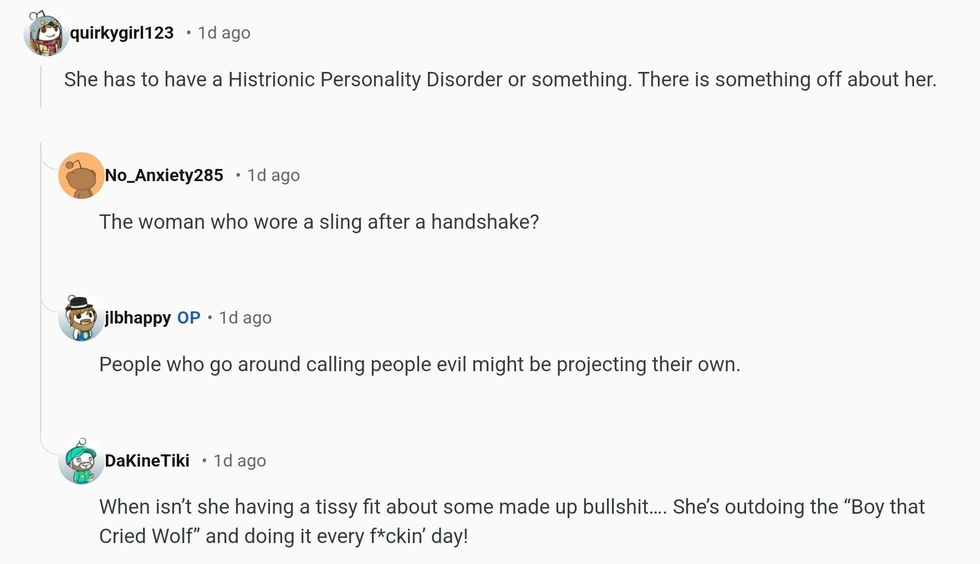 rPolitics/Reddit
rPolitics/Reddit @leftynavyseal/Bluesky
@leftynavyseal/Bluesky rPolitics/Reddit
rPolitics/Reddit @skippyoz/Bluesky
@skippyoz/Bluesky rPolitics/Reddit
rPolitics/Reddit rPolitics/Reddit
rPolitics/Reddit rPolitics/Reddit
rPolitics/Reddit
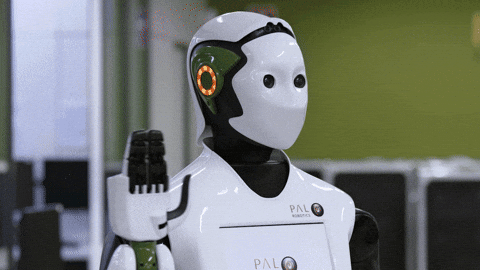 jordi baste robot GIF by No pot ser! TV3
jordi baste robot GIF by No pot ser! TV3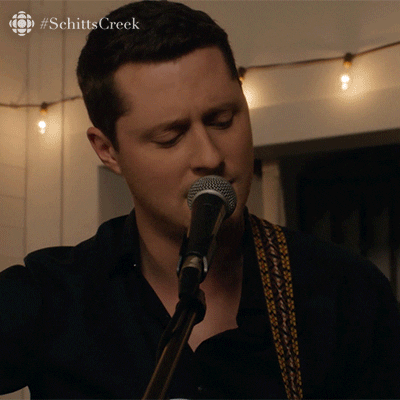 sing schitts creek GIF by CBC
sing schitts creek GIF by CBC Well Done Ok GIF by funk
Well Done Ok GIF by funk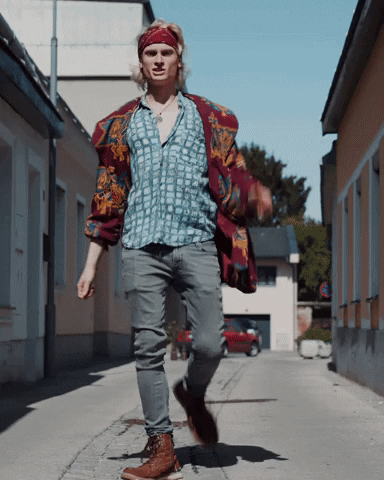 Two Face Ernst GIF by ZWEIMANN
Two Face Ernst GIF by ZWEIMANN
